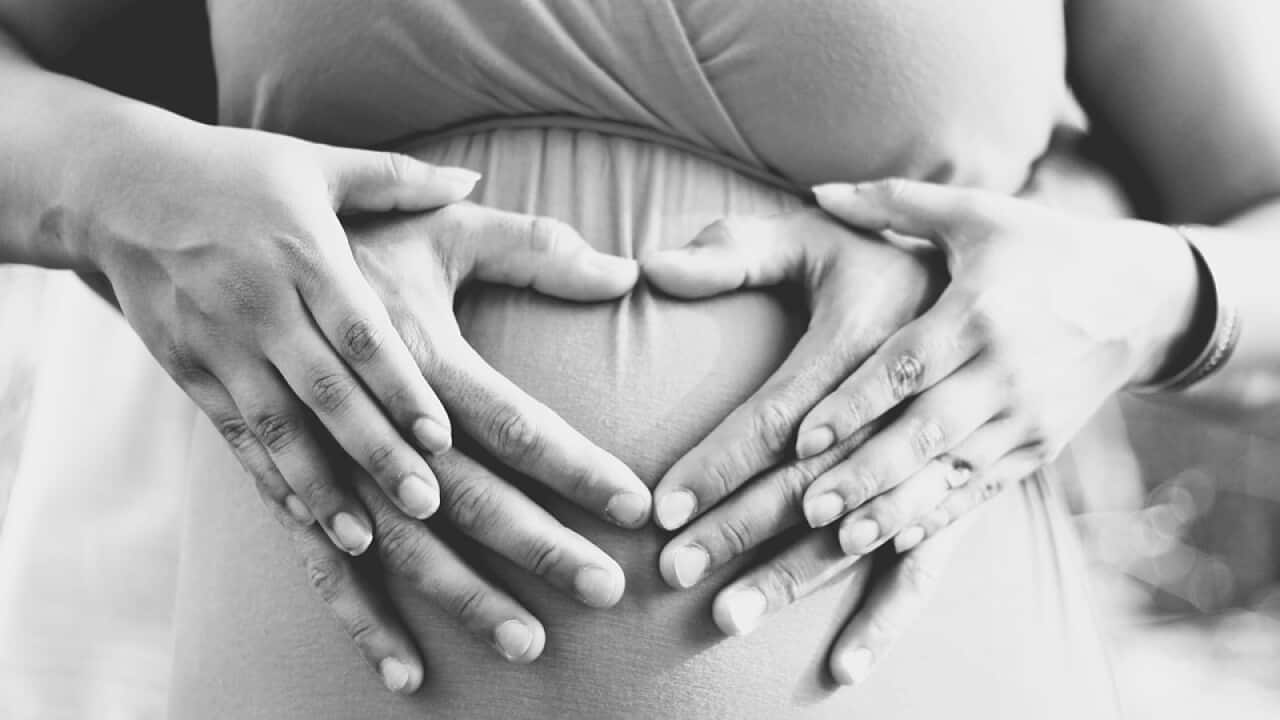According to Gagandeep, studies prove that antenatal depression, i.e. depression during pregnancy affects, 1 in 10 women. The condition impacts both the mother and her unborn child.
Why is it important?
- Such women may not access antenatal healthcare services such as regular checkups from midwife or GP;
- Women with depression may not get enough sleep;
- Appetite is affected, they may not eat adequately, which affects the unborn baby. Baby born to such mothers may be of low birth weight;
- Those women may go into the path of addictions such as alcohol and drugs;
- Antenatal depression may become a trigger to postnatal depression .
Who is at risk?
- Women who have pre-existing depression before getting pregnant;
- Women having family history of depressive disorders;
- Women who used to take prescription medicines for anxiety or depression and have stopped these just before or during pregnancy;
- Inadequate support from family and friends during pregnancy;
- History of abuse, family violence or experience of other stressful situations;
- Having to struggle with complications during pregnancy;
- Preexisting conditions such as diabetes or thyroid conditions;
- Women who may not have seen or experienced their own mother’s love.
Symptoms of antenatal depression:
- Feel sad or hopeless;
- Lost interest in or stop getting pleasure from most daily activities;
- Lost or gained a lot of weight because of changes in how hungry you feel;
- Sleep too much or too little;
- Feel restless and unable to sit still, or you sit quietly and feel that moving takes great effort;
- Feel tired all the time;
- Feel unworthy or guilty for no reason;
- Find it hard to focus, remember things, or make decisions;
- Have thoughts of death or suicide.
Support services for women experience antenatal depression:
- If you are a woman you know is experiencing any of the above symptoms, you must take her to her GP
- GP may suggest counseling, tips around self care, and if needed prescription medications
- For more information, visit Beyond Blue website or call them on 1300 22 46 36
- Another organisation is PANDA where counselors are available: 1300 726 306
- For further information about this topic in your language please visit our website or call 1800 656 421, or 03 9418 0999
More on Womens' Health from SBS Punjabi

Health tips for Women: Preconception and during pregnancy


